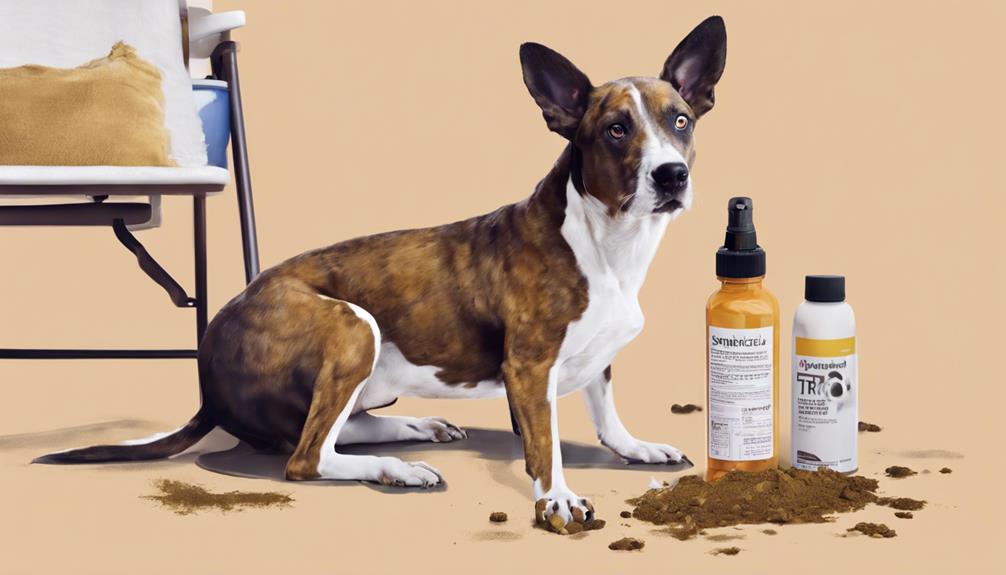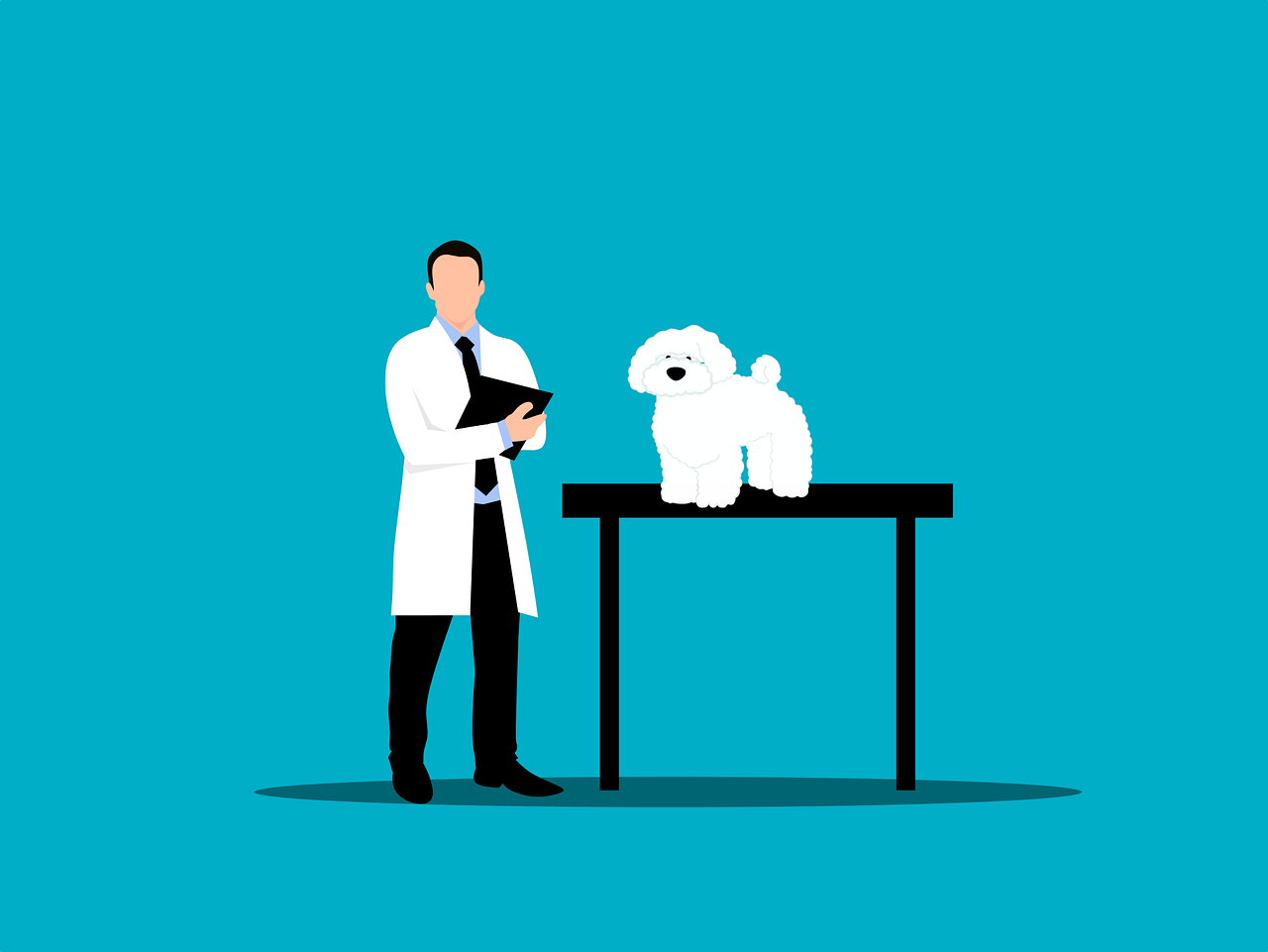Does Simparica Cause Diarrhea
Are you considering Simparica for your pet’s flea and tick control? One common concern among pet owners is whether Simparica can cause diarrhea. Understanding potential side effects is crucial for responsible pet care. In this article, we’ll Look into the question “Does Simparica Cause Diarrhea?” We’ll explore the scientific evidence, discuss common experiences from pet owners, and provide expert insights from veterinarians. By the end, you’ll have a comprehensive understanding of this important aspect of using Simparica for your pet’s health.
Key Takeaways
- Simparica can cause digestive issues as a side effect.
- Symptoms range from mild stomach upset to severe diarrhea.
- Monitoring digestion is crucial when using Simparica.
- Consult your vet for guidance on managing diarrhea symptoms.
- Consider stopping the medication and offering bland food if diarrhea occurs.
Potential Causes of Diarrhea in Pets
If your pet experiences diarrhea, various factors like dietary indiscretion, infections, or stress could be contributing to the issue. Dietary indiscretion occurs when your pet consumes something outside of their regular diet, leading to digestive upset. This could include scavenging food while on walks or getting into the trash.
Infections, such as bacterial, viral, or parasitic ones, can also cause diarrhea in pets. These infections may result from consuming contaminated food or water, interacting with infected animals, or being exposed to unsanitary environments.
Moreover, stress plays a significant role in gastrointestinal disturbances in pets. Changes in routine, loud noises, new environments, or separation anxiety can all lead to stress-induced diarrhea. Understanding these potential causes is crucial in addressing your pet’s diarrhea and ensuring their well-being.
Understanding Simparicas Impact on Digestion
Simparica may affect your pet’s digestion, potentially leading to gastrointestinal changes. This medication works by targeting and eliminating ticks and fleas, but like any medication, it can have side effects. Some pets may experience digestive issues when taking Simparica. These effects can range from mild stomach upset to more severe symptoms like vomiting or diarrhea. It’s essential to monitor your pet’s digestion when starting this medication to catch any potential issues early on.
If your pet is experiencing digestive changes while on Simparica, consult your veterinarian. They can provide guidance on how to manage these symptoms and determine if the medication is the cause. Keeping track of your pet’s bowel movements, appetite, and overall well-being can help your vet assess the situation more effectively. Additionally, your veterinarian may recommend adjusting the dosage or trying a different flea and tick prevention product to see if the digestive issues resolve.
Always prioritize your pet’s health and well-being by staying vigilant and seeking professional advice when needed.
Identifying Diarrhea Symptoms in Dogs
When observing your dog, watch for signs of diarrhea such as loose or watery stools. Diarrhea in dogs can manifest as an increase in the frequency of bowel movements or urgency to defecate. You may notice a change in the consistency of your dog’s stools, which can become runny or have a pudding-like texture. Keep an eye out for blood or mucus in the stool, as these can indicate underlying issues that need veterinary attention.
Other symptoms to look for include straining during bowel movements, accidents in the house, or signs of discomfort like whining or restlessness. Dogs with diarrhea may also experience vomiting, decreased appetite, lethargy, or dehydration. It’s essential to monitor your dog closely and consult with a veterinarian if you notice any concerning symptoms or if the diarrhea persists for more than a day or two.
Early identification of diarrhea symptoms can help in prompt management and treatment to ensure your dog’s health and well-being.
Managing Diarrhea Related to Simparica Use
Observing your dog’s response to Simparica and any associated diarrhea symptoms is crucial for effective management. If your dog experiences diarrhea after taking Simparica, the first step is to temporarily stop the medication.
Ensure your dog stays hydrated by providing access to fresh water at all times. You can also offer bland, easily digestible food like boiled chicken and rice to help settle their stomach. Probiotics may aid in restoring the balance of good bacteria in your dog’s gut, potentially alleviating diarrhea.
Monitor your dog closely for any changes in their condition or if the diarrhea persists for more than a day or two. It’s essential to consult with your veterinarian before resuming Simparica or if you have any concerns about your dog’s health.
When to Seek Veterinary Assistance
If your dog’s diarrhea persists for more than a day or two despite home care measures, it’s advisable to seek veterinary assistance promptly. Prolonged diarrhea can lead to dehydration, electrolyte imbalances, and other serious health issues in your furry friend. Your veterinarian can conduct a thorough examination to determine the underlying cause of the diarrhea and recommend appropriate treatment.
Seek veterinary assistance if your dog shows other concerning symptoms along with diarrhea, such as lethargy, loss of appetite, vomiting, or bloody stool. These could be signs of a more severe condition that requires immediate medical attention. Additionally, if your dog is a young puppy, a senior dog, or has pre-existing health issues, it’s crucial to consult with your veterinarian promptly to avoid complications.
Frequently Asked Questions
Can Simparica Be Given to Dogs With a History of Gastrointestinal Issues?
You can give Simparica to dogs with a history of gastrointestinal issues. It’s essential to consult your vet first. They can provide guidance on whether Simparica is suitable for your furry friend’s specific health needs.
Are There Any Specific Breeds of Dogs That Are More Prone to Experiencing Diarrhea From Simparica?
Some breeds may be more prone to diarrhea from Simparica, but it’s essential to consult your vet. Monitor your dog closely for any adverse reactions. Always follow your vet’s advice and report any concerns promptly.
How Long Does Diarrhea Typically Last After a Dog Has Taken Simparica?
After your dog takes Simparica, diarrhea may last for a few days. Monitor closely and ensure they have access to water. If diarrhea persists or worsens, contact your vet promptly for guidance and possible treatment options.
Are There Any Preventative Measures That Can Be Taken to Reduce the Risk of Diarrhea When Using Simparica?
To reduce the risk of diarrhea when using Simparica, consult your vet for personalized advice. Ensure your pet has access to fresh water, follow dosing instructions, and monitor their health. Stay attentive to any changes and contact your vet promptly.
Can Simparica Interact With Other Medications or Supplements That May Contribute to Diarrhea in Dogs?
When considering Simparica and other medications or supplements for your dog, be cautious of potential interactions that could lead to diarrhea. Consult your vet to ensure the safety and effectiveness of combining treatments.
Conclusion
If your pet experiences diarrhea while taking Simparica, it’s important to monitor their symptoms closely and consult with your veterinarian if needed.
While Simparica may potentially cause digestive issues in some pets, there are ways to manage and treat diarrhea to ensure your pet’s health and well-being.
Remember to always follow your vet’s recommendations and guidelines for your pet’s medication to keep them happy and healthy.








